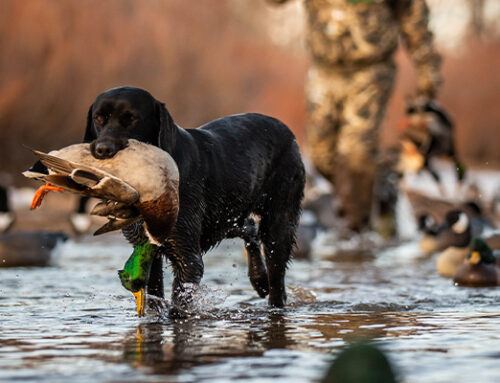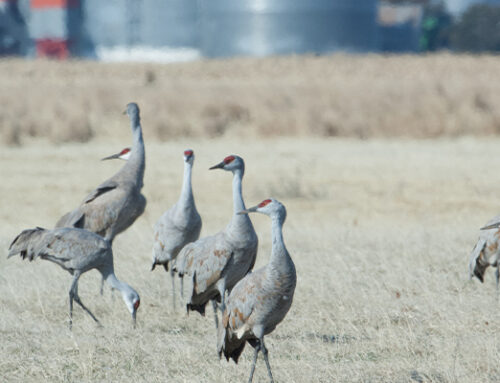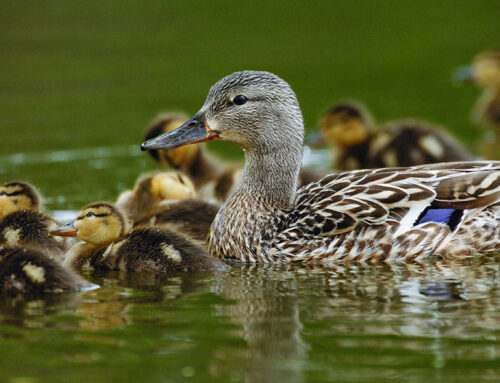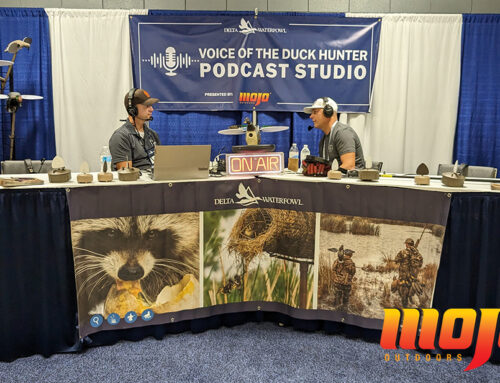Delta Waterfowl Applauds Modernization of Canada’s Migratory Bird Hunting Regulations

New rules simplify possession, transportation and gifting of migratory birds, and also allow youth to hunt waterfowl on free permits
WINNIPEG, MANITOBA — Updates to Canada’s migratory bird harvest regulations will make it easier to be a waterfowl hunter.
The proposed changes will simplify the regulations for possession, transportation and gifting of harvested waterfowl. Another key provision provides free migratory game bird hunting permits and habitat conservation stamps to all Canadian youth hunters.
“Delta Waterfowl commends the Canadian Wildlife Service staff on the proposed modernization regulations package that will have several benefits to hunters,” said Jim Fisher, vice president of Canadian policy for Delta Waterfowl.
Under the proposed rules, when a bird is preserved — plucked or the meat removed from the carcass, and then frozen, cooked, dried, canned or smoked — it is no longer necessary to keep a head or wing attached. (Note: American hunters planning to take waterfowl back to the United States still must keep a head or wing on each bird to comply with U.S. Fish and Wildlife Regulations.) In addition, the modernized regulations state that preserved birds no longer count toward the hunter’s possession limit.
The transportation of harvested birds will become more straightforward, too. Formerly, each individual duck or goose had to be tagged. With these changes, groups of birds could be transported in a batch with one label.
The new rules also establish a free charity permit that would allow birds to be gifted to food banks and soup kitchens, as well as for use at charitable fundraising events where the proceeds are used for the conservation of migratory birds.
Another change will allow youth hunters (up to age 18) to obtain free migratory game bird hunting permits and habitat conservation stamps.
“The provision of free permits and duck stamps for youth hunters sends a strong positive signal that we care about hunter recruitment to ensure the future of hunting,” Fisher said. “Waterfowl hunting participation has declined dramatically since the 1970s, and it’s important for conservation that we reverse the trend. Removing the cost barrier will allow more people to take up waterfowl hunting, and ultimately, lead to a higher number of duck hunters.”
Recently, youth could hunt for free – with an adult mentor – but only during Waterfowler Heritage Days. The modernization proposal eliminates these special youth-only hunting seasons.
“While we are disappointed to see the loss of the Waterfowler Heritage Days, we believe these changes will result in a higher overall hunter recruitment rate across the country,” Fisher said.
The Duck Hunters Organization has long advocated for these important changes. Put into practice, the modernized regulations will expand opportunities for Canadian waterfowl hunters.
Certainly, the proposed changes are good for waterfowl hunters, but they aren’t the only beneficiaries.
“The modernized (regulations) will offer a balanced approach between protecting birds, hunting, land use and conservation. It is the result of many years of collaborative work and consultations with provinces and territories, Indigenous Peoples, partners, hunters and other stakeholders,” according to a press release from Environment and Climate Change Canada.
The new regulations were published on the Canadian register on June 8, and are slated to go into effect on July 30.
Delta Waterfowl is The Duck Hunters Organization, a leading conservation group working to produce ducks and secure the future of waterfowl hunting in North America. Visit deltawaterfowl.org.
For more information, contact Jim Fisher at (204) 791-2818 or jfisher@deltawaterfowl.org.






[…] times the daily limit. That means you can possess 18 ducks if the daily limit is six. In Canada, the possession law has changed. Once you pluck a duck or remove the meat from the carcass and it is frozen, cooked, dried, canned, […]